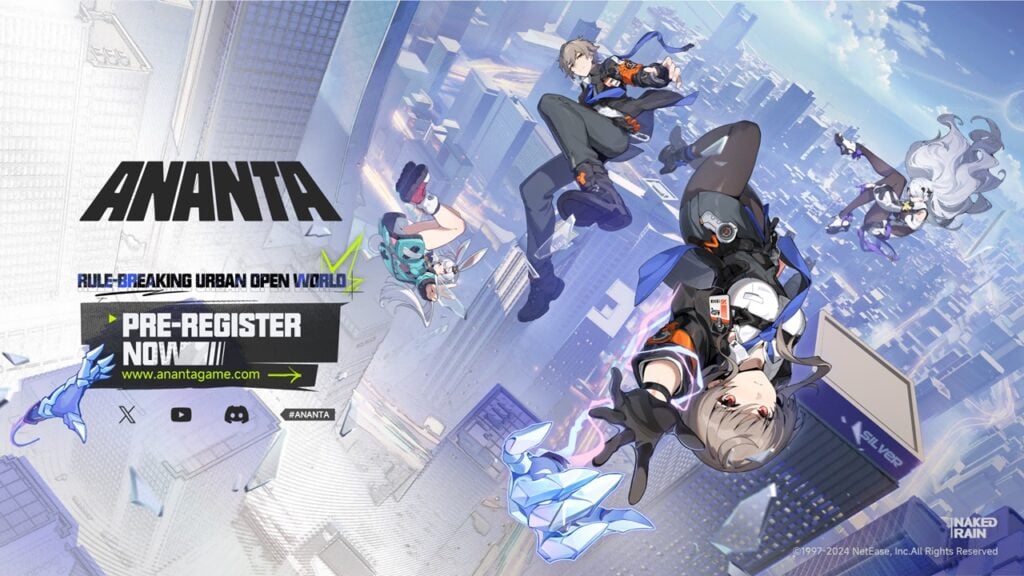Reinvention Is Key to God of Wars’ Continued Success
The God of War series has been a cornerstone of PlayStation gaming across four generations, beginning with Kratos' vengeful journey in 2005. Few could have predicted the trajectory of this angry deity destroyer over the next two decades. While many long-running franchises struggle to remain relevant, God of War has thrived by embracing change. The most significant transformation came with the 2018 reboot, which shifted Kratos from Ancient Greece to the realm of Norse mythology, altering both the series' presentation and gameplay. Yet, even before this acclaimed reboot, Sony Santa Monica introduced smaller, yet impactful changes that kept the series alive and well.
For God of War to continue its success, reinvention will be crucial. When transitioning to the Norse setting, director Cory Barlog expressed interest in exploring the Egyptian and Mayan eras. Recent rumors have reignited speculation about an Egyptian setting, fueled by the allure of its distinct culture and rich mythology. However, a new setting is just the beginning. The next God of War must reinvent itself as effectively as it did when transitioning from the Greek trilogy to the Norse saga, updating and enhancing the elements that made the series great.
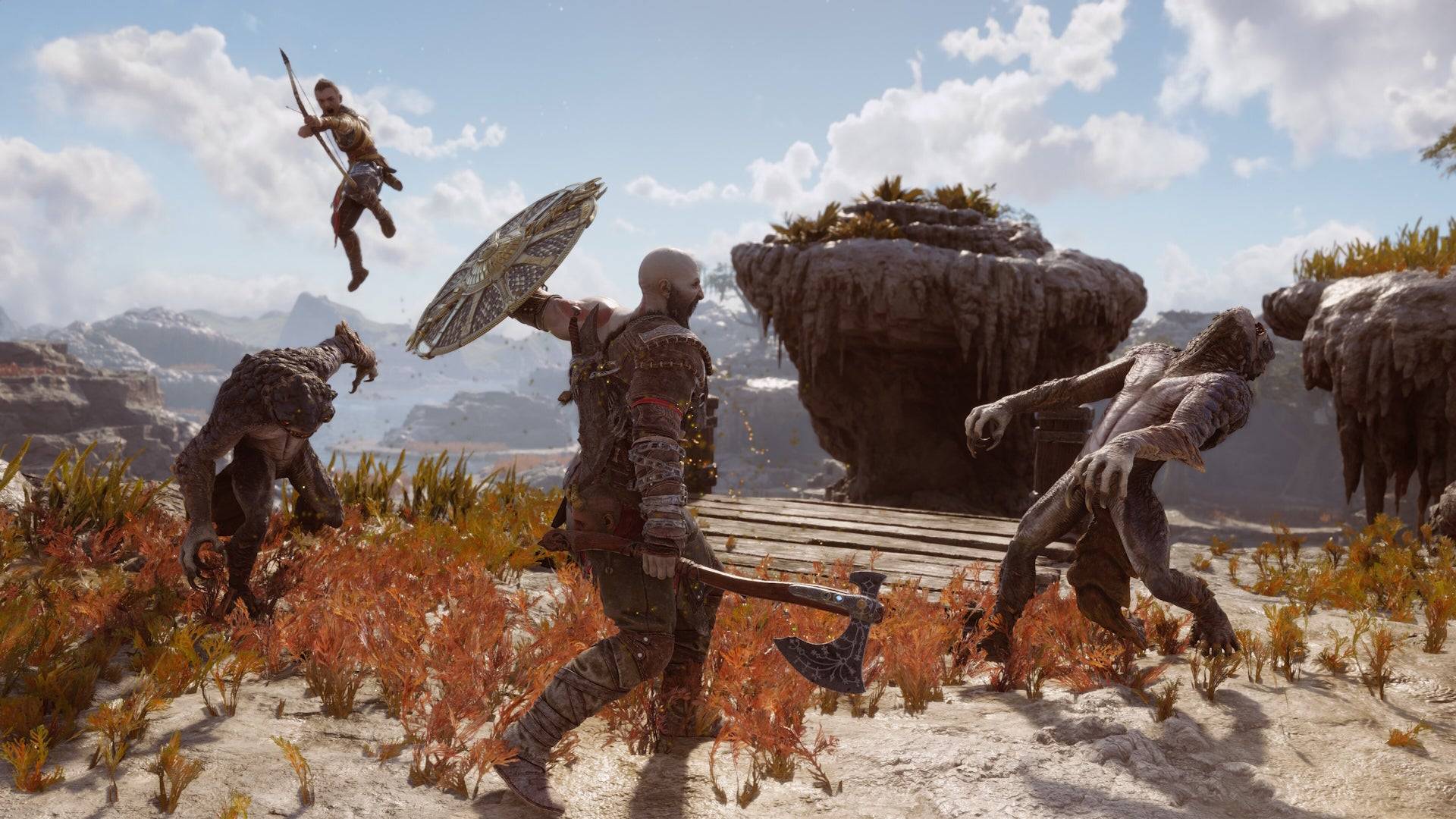
The series has consistently evolved with each installment. The original Greek games refined their hack-and-slash gameplay over a decade, culminating in the polished experience of God of War 3. By the end of the trilogy, Kratos had a revamped magic system that complemented the melee combat's rhythm, and faced a diverse array of enemies. The PlayStation 3's power allowed for new camera angles, enhancing the visual experience of what was, in 2010, a graphical powerhouse.
The 2018 reboot saw the loss of some elements from the Greek trilogy, such as platforming and puzzle sections, which were replaced due to the new third-person, over-the-shoulder camera perspective. While puzzles remained, they were adapted to fit the new adventure-first design of the Norse games.
The Valhalla DLC for God of War Ragnarök marked a return to the series' Greek roots, both mechanically and narratively. The reintroduction of battle arenas, a feature from God of War 2 onwards, was adapted for the Norse setting. This mirrored the story's theme, with Týr inviting Kratos to Valhalla to confront his past, bringing his journey full circle.
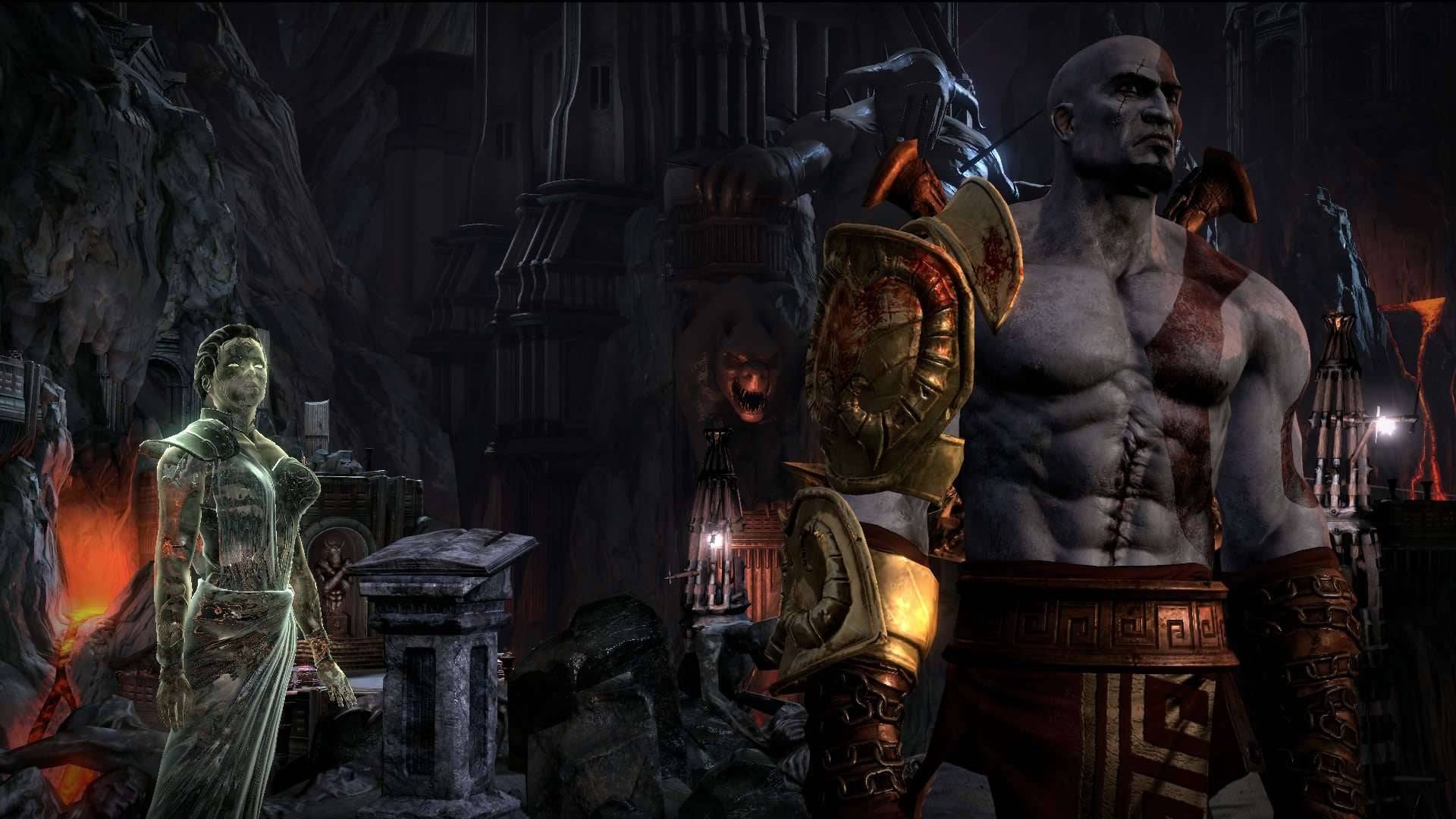
The Norse games introduced new mechanics, such as the Leviathan Axe's throwing mechanics, a combat-defining parry system with various shield types, and a magical spear in Ragnarök for faster, explosive attacks. These elements facilitated exploration across the Nine Realms, each with unique foes, visuals, and characteristics.
The most significant evolution in the Norse duology was in storytelling. The narrative delved into Kratos' emotional journey, his loss, and his complex relationship with his son, Atreus. This shift from the more straightforward storytelling of the Greek trilogy to a more emotive approach was key to the Norse era's critical and commercial success.
God of War's success stems from its willingness to evolve both mechanically and narratively. The creators view the Norse games not as traditional sequels but as extensions of Kratos' journey. This approach should guide future installments.
The mixed reception to Assassin's Creed's shifts in style highlights the risks of straying too far from a series' core. While profitable, Assassin's Creed has struggled to maintain fan loyalty across generations as effectively as God of War. The shift to an open-world RPG with Assassin's Creed Origins diluted the series' connection to its assassin roots, leading to a more divisive reception with each new game. The series attempted to course-correct with Assassin's Creed Mirage in 2023, returning to its Middle Eastern roots and shorter, more focused gameplay, which was well-received. Assassin's Creed Shadows continues this trend, emphasizing stealth gameplay.
God of War has navigated these challenges successfully. The Norse series, while a radical departure, never lost sight of what made Kratos compelling or the series' mechanical roots. It built upon the core of the Greek trilogy's combat and introduced new elements like Spartan Rage options, cooler weapons, and diverse combat options. These enhancements deepened the lore and maintained the series' identity, a balance that any future installment, whether set in Egypt or elsewhere, must continue to strike.
Regardless of the setting rumors, the next God of War must evolve while preserving its successful elements. The 2018 reboot focused on combat, but future games will likely be judged by their storytelling, the heart of the Norse duology. Kratos' transformation from a rage-filled monster to a complex father and leader underscores the importance of narrative. The next game must build on this strength while introducing bold changes to define the next era of God of War.
-
1

GTA 6 Set for Fall 2025 Release, CEO Confirms
Apr 03,2025
-
2

First ALGS in Asia Emerges in Japan
Jan 19,2025
-
3
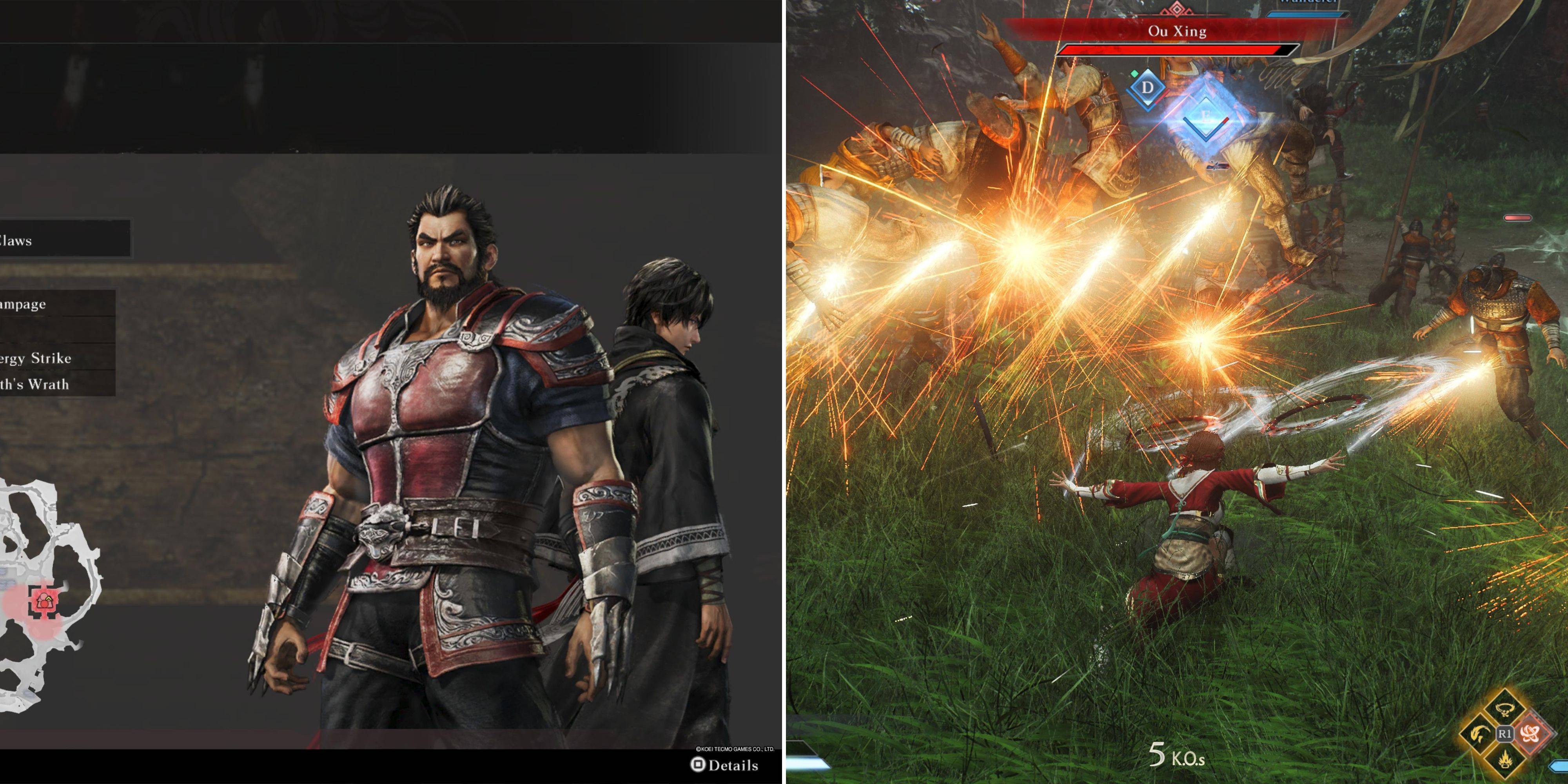
Introducing the Ultimate Guide to Seamless Character Swapping in Dynasty Warriors: Origins
Feb 25,2025
-
4
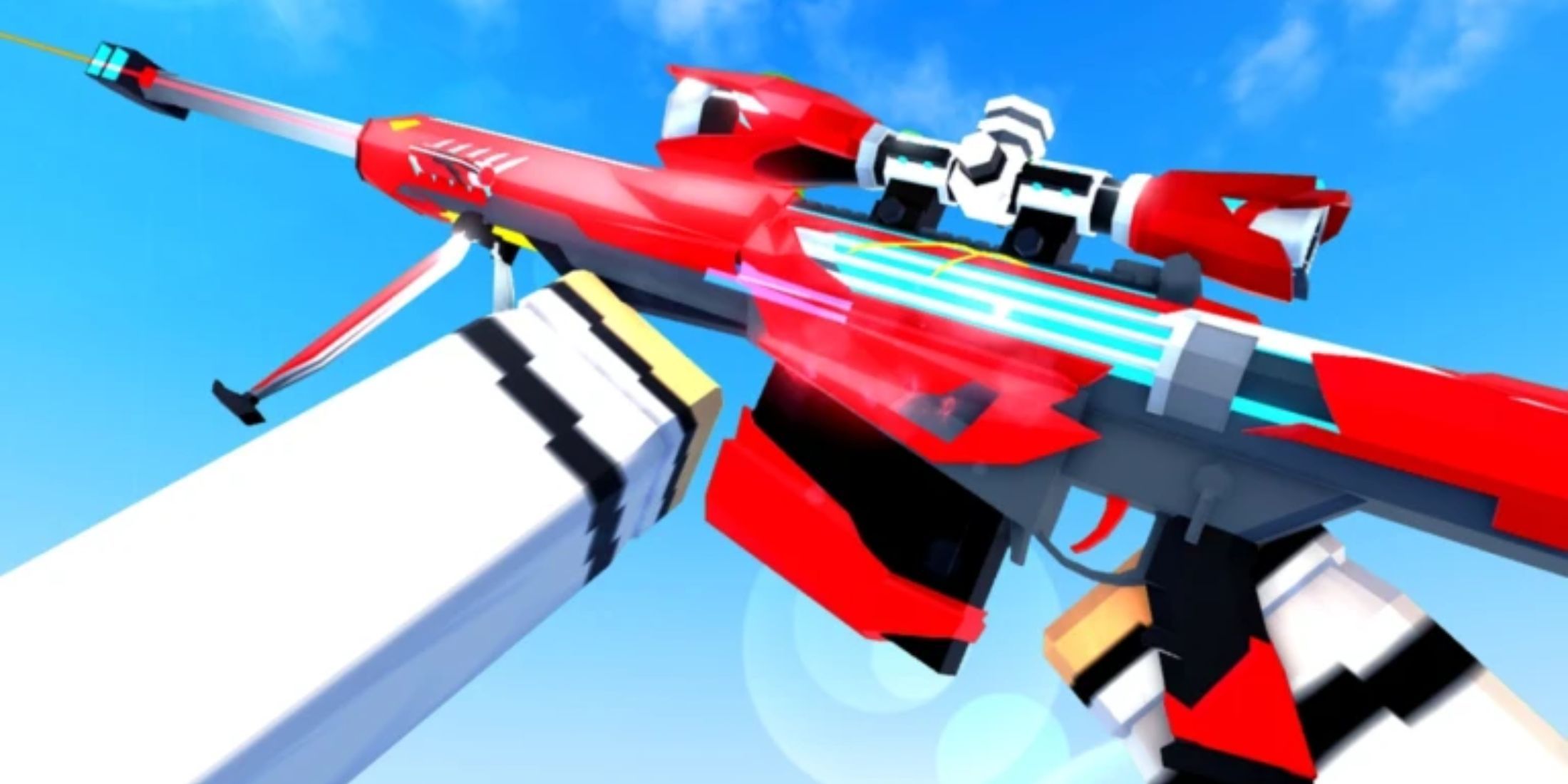
Roblox: CrossBlox Codes (January 2025)
Mar 04,2025
-
5
![Roblox Forsaken Characters Tier List [UPDATED] (2025)](https://img.jdzca.com/uploads/18/17380116246797f3e8a8a39.jpg)
Roblox Forsaken Characters Tier List [UPDATED] (2025)
Mar 05,2025
-
6
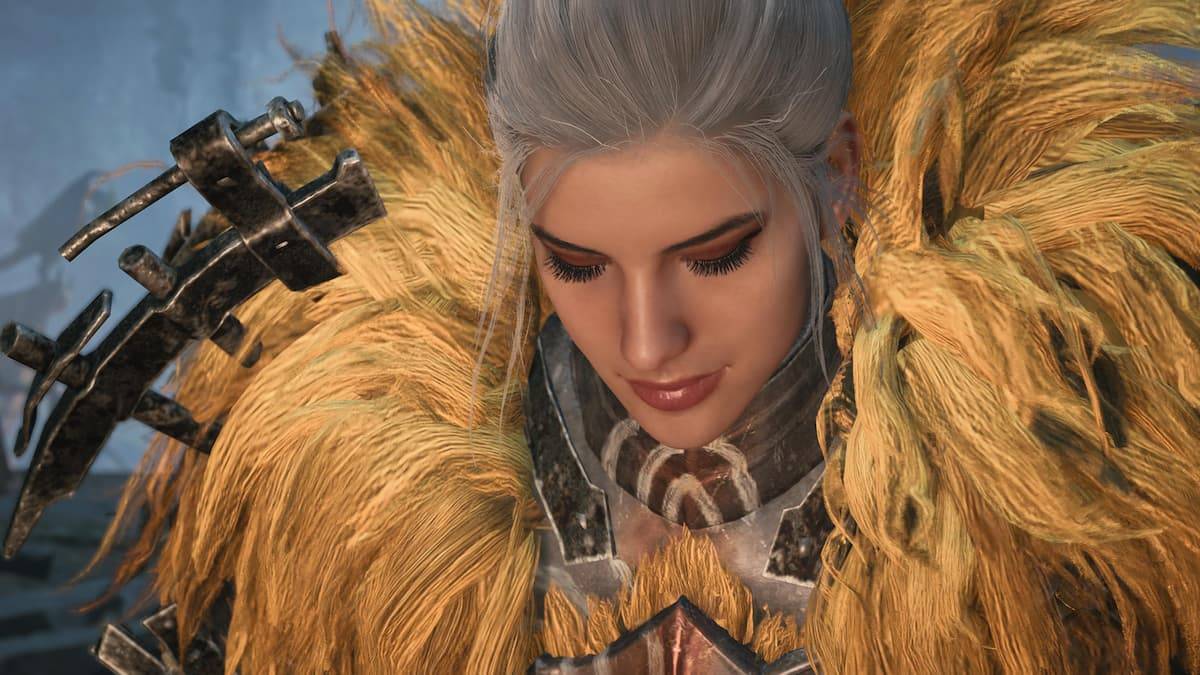
Max Hunter Rank in Monster Hunter Wilds: Tips to Increase
Apr 04,2025
-
7
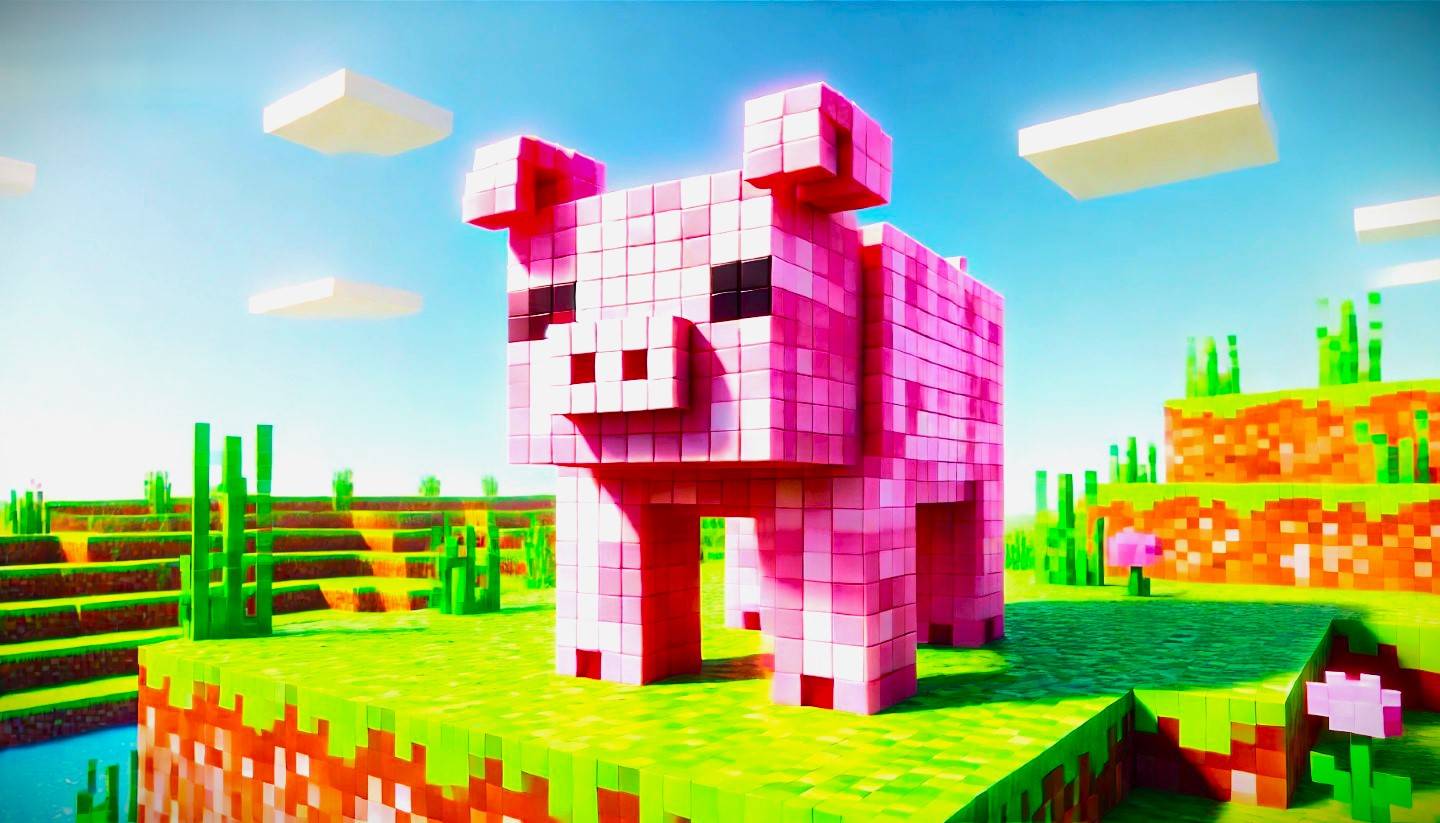
Cute mobs in Minecraft: pink pigs and why they are needed
Mar 06,2025
-
8
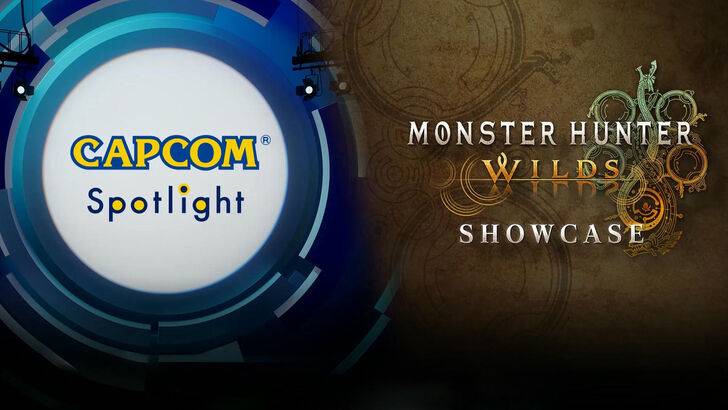
Capcom Spotlight Feb 2025 Showcases Monster Hunter Wilds, Onimusha and More
Apr 01,2025
-
9
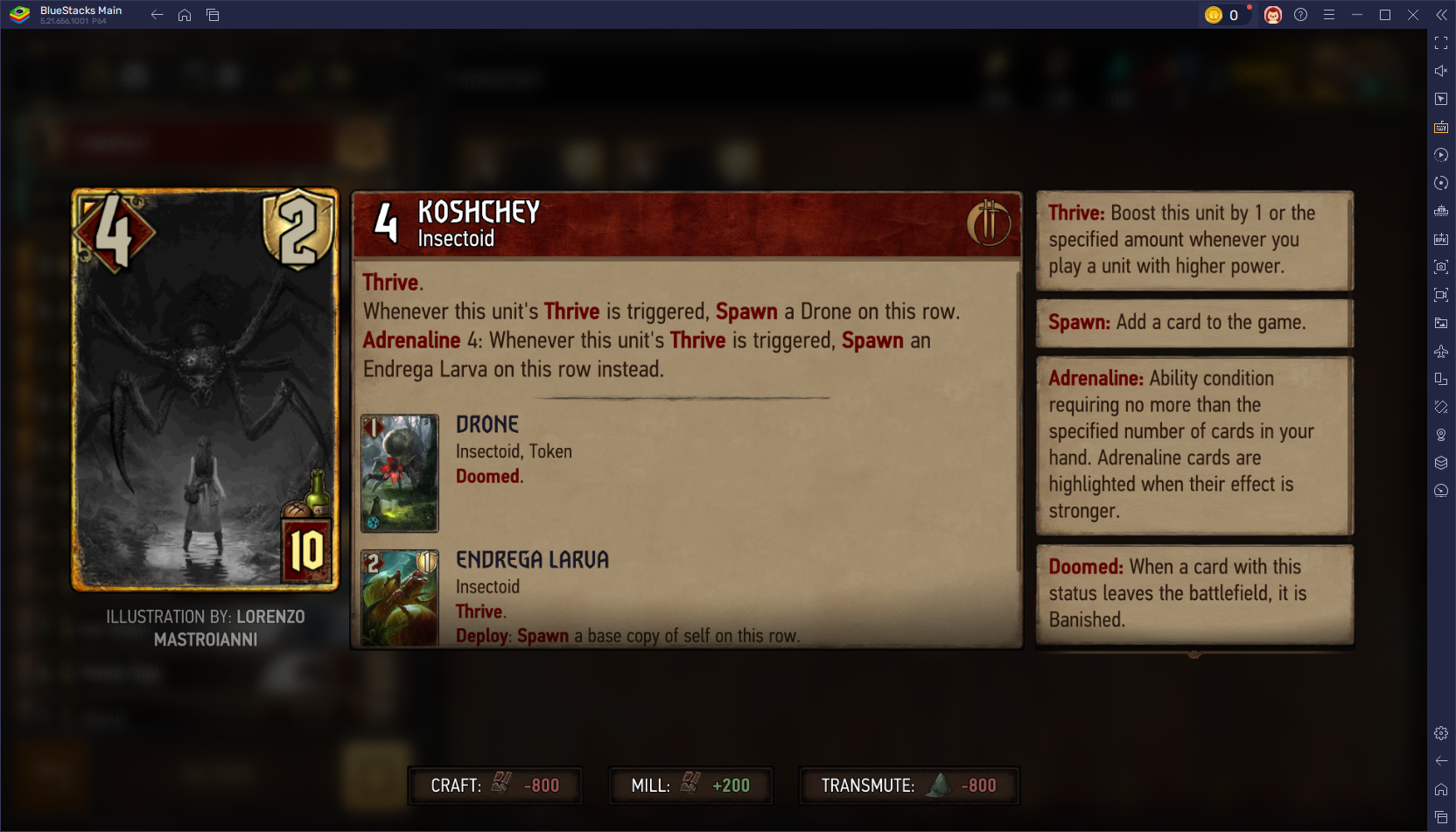
Gwent: Top 5 Witcher Decks (2025 Update)
Mar 13,2025
-
10
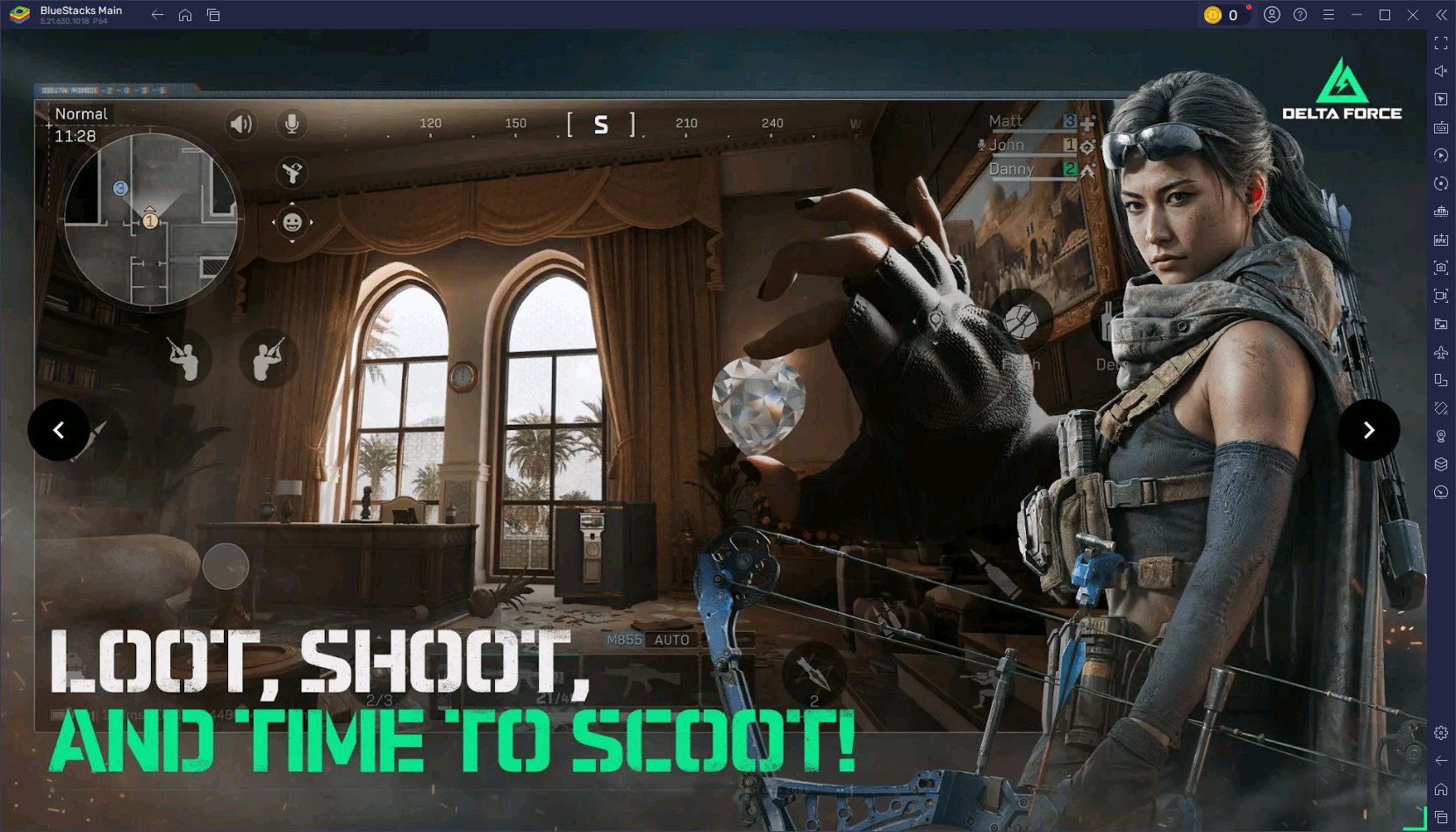
Delta Force Mobile: Beginner's Guide to Getting Started
Apr 23,2025
-
Download

Portrait Sketch
Photography / 37.12M
Update: Dec 17,2024
-
Download

Friendship with Benefits
Casual / 150.32M
Update: Dec 13,2024
-
Download
![[NSFW 18+] Sissy Trainer](https://img.jdzca.com/uploads/16/1719638919667f9b874d57e.png)
[NSFW 18+] Sissy Trainer
Casual / 36.00M
Update: Dec 11,2024
-
4
F.I.L.F. 2
-
5
슬롯 마카오 카지노 - 정말 재미나는 리얼 슬롯머신
-
6
Pocket Touch Simulation! for
-
7
Shuffles by Pinterest
-
8
Life with a College Girl
-
9
Chubby Story [v1.4.2] (Localizations)
-
10
Hunter Akuna

